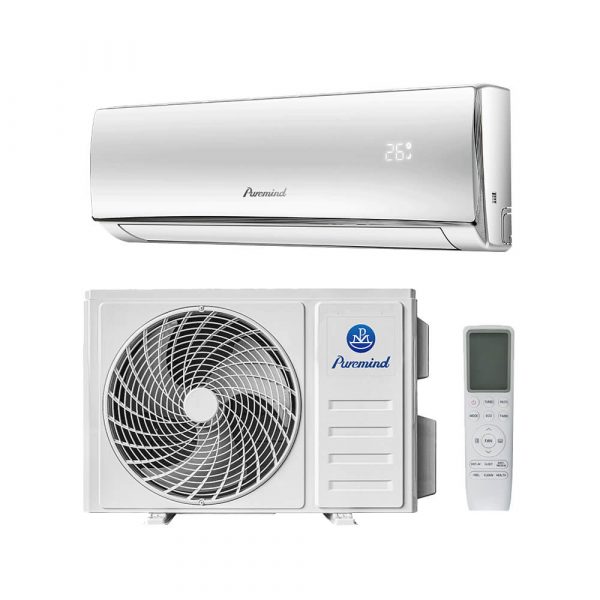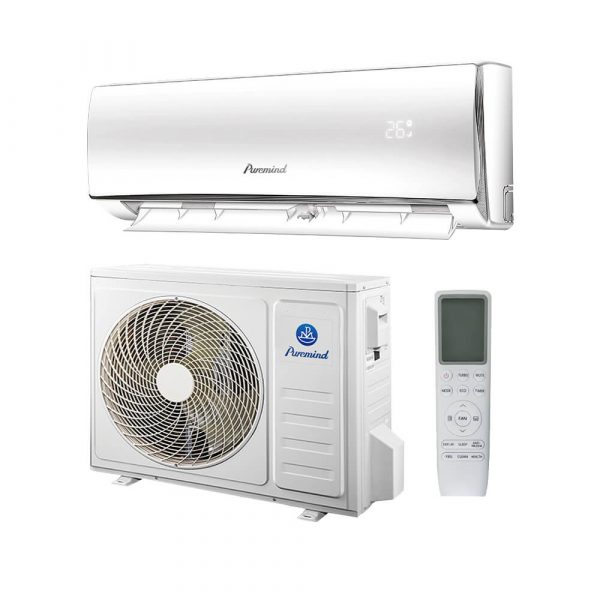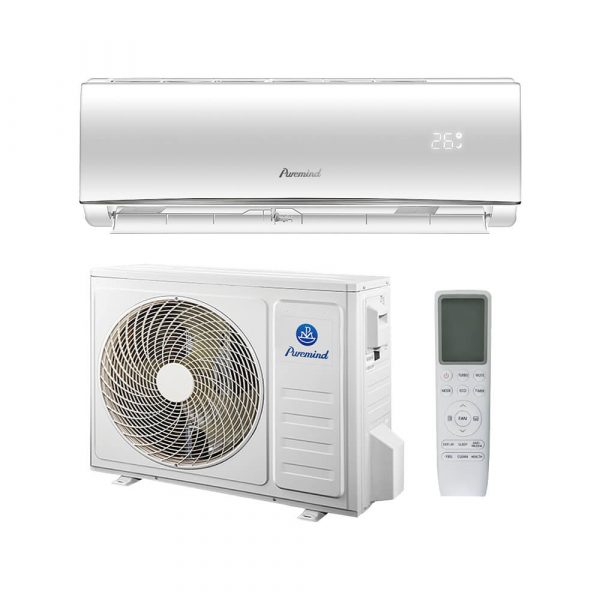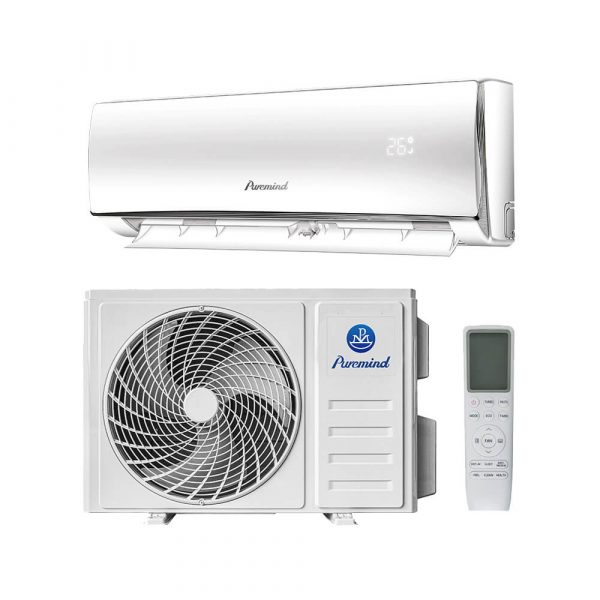Air Conditioner Types Split – Complete Guide to Split AC Systems
The air conditioner types split category covers some of the most popular and efficient cooling solutions for both residential and commercial environments. Split AC systems are well-known for their flexibility, quiet operation, and energy efficiency. In this guide, we will explain what split air conditioners are, the different types available, and how wholesalers, suppliers, and distributors can benefit from offering them.
What is a Split Air Conditioner?
A split air conditioner is a cooling system made up of two main components: an indoor unit and an outdoor unit. The indoor unit is responsible for distributing cooled air inside the building, while the outdoor unit houses the compressor and condenser, which expel heat outside.
Main Components
- Indoor Unit: Includes evaporator coil, air filter, and blower fan.
- Outdoor Unit: Contains the compressor, condenser coil, and expansion valve.
- Refrigerant Lines: Connect the indoor and outdoor units.
- Control System: A remote control or smart thermostat for user settings.
Air Conditioner Types Split – Main Variations
The term air conditioner types split includes several designs suited for different needs:
- Single-Split Systems: One indoor unit connected to one outdoor unit, ideal for single rooms.
- Multi-Split Systems: Multiple indoor units connected to a single outdoor unit for multiple rooms.
- Inverter Split AC: Uses variable compressor speed for energy savings and consistent cooling.
- Non-Inverter Split AC: More affordable but less energy efficient.
- Ceiling Cassette Split AC: Installed in ceilings, ideal for commercial spaces with limited wall space.
Advantages of Split Air Conditioner Types
- Energy Efficiency: Many models are designed with inverter technology for lower electricity bills.
- Quiet Operation: The compressor is located outside, reducing indoor noise.
- Flexible Installation: No need for large window openings.
- Better Air Quality: Advanced filters help remove dust and allergens.
- Long-Term Savings: Reduced maintenance and energy costs over time.
Applications for Different Split AC Types
Residential Use
Perfect for bedrooms, living rooms, and home offices where quiet operation is important.
Commercial Use
Widely used in offices, retail stores, restaurants, and showrooms for efficient cooling.
Industrial Use
Suitable for warehouses, production areas, and server rooms that require controlled environments.
Choosing the Right Air Conditioner Types Split
When selecting a split air conditioner, consider the following:
- Cooling Capacity: Match BTU rating to the size of the space.
- Energy Star Rating: Higher ratings mean better efficiency.
- Advanced Features: Look for Wi-Fi control, dehumidification, and air purification.
- Budget: Balance initial investment with long-term savings.
- Brand and Warranty: Choose reputable manufacturers with strong service support.
Maintenance Tips for Longevity
Regular maintenance is essential for keeping your air conditioner types split in peak condition:
- Clean or replace air filters every 1–3 months.
- Inspect refrigerant lines annually.
- Keep the outdoor unit clear of debris.
- Have professional servicing at least once a year.
Common Issues and Solutions
- Poor Cooling: May indicate dirty filters or low refrigerant levels.
- Water Leakage: Often due to blocked drainage pipes.
- Unusual Noises: Could be caused by loose parts or debris.
Trends in Air Conditioner Types Split
According to ASHRAE, the split AC industry is moving toward:
- Use of eco-friendly refrigerants.
- Integration with smart home systems.
- Enhanced energy efficiency standards.
- Compact and sleek indoor unit designs.
Case Study: Boosting Efficiency in a Wholesale Office
A wholesale distributor upgraded their facility with high-efficiency split air conditioners. The result was a 20% reduction in annual energy costs and improved comfort for employees and visiting clients.
Conclusion
The air conditioner types split market offers versatile, efficient, and reliable cooling options for a wide range of applications. By understanding the different types, benefits, and maintenance requirements, wholesalers, suppliers, and distributors can make informed decisions that benefit both their business and their customers.







